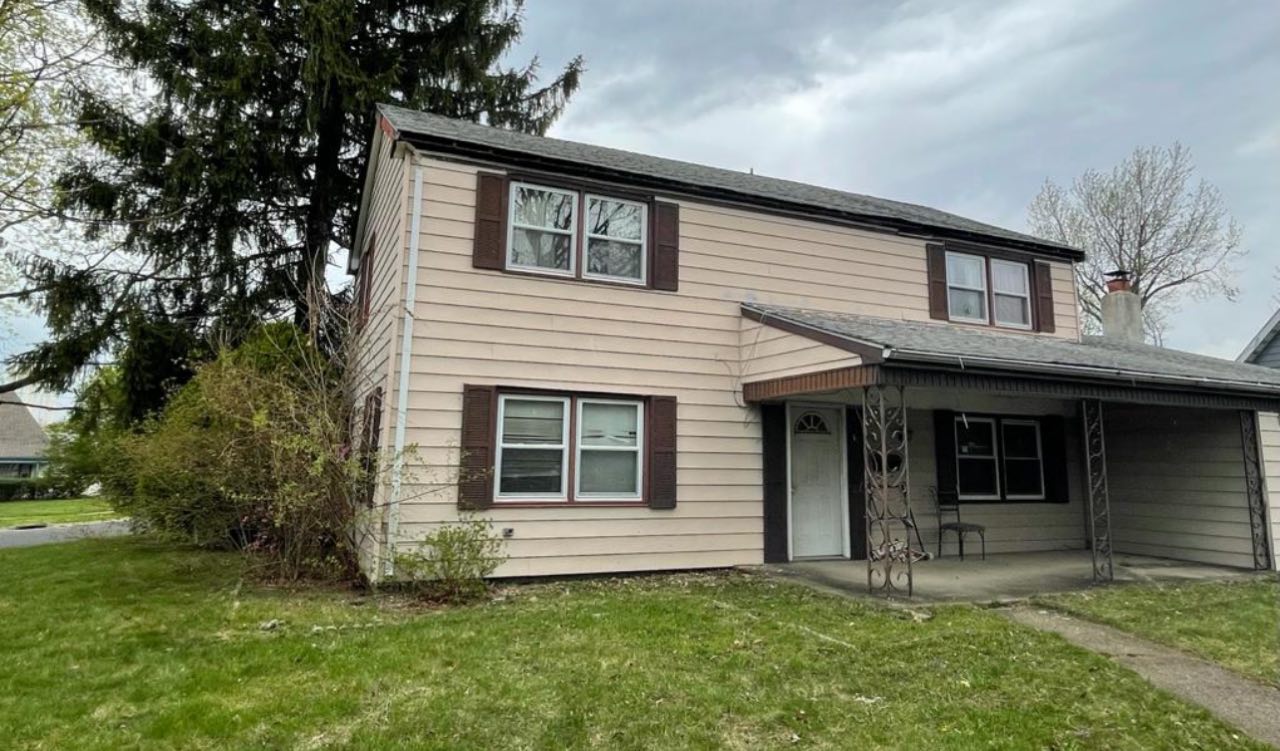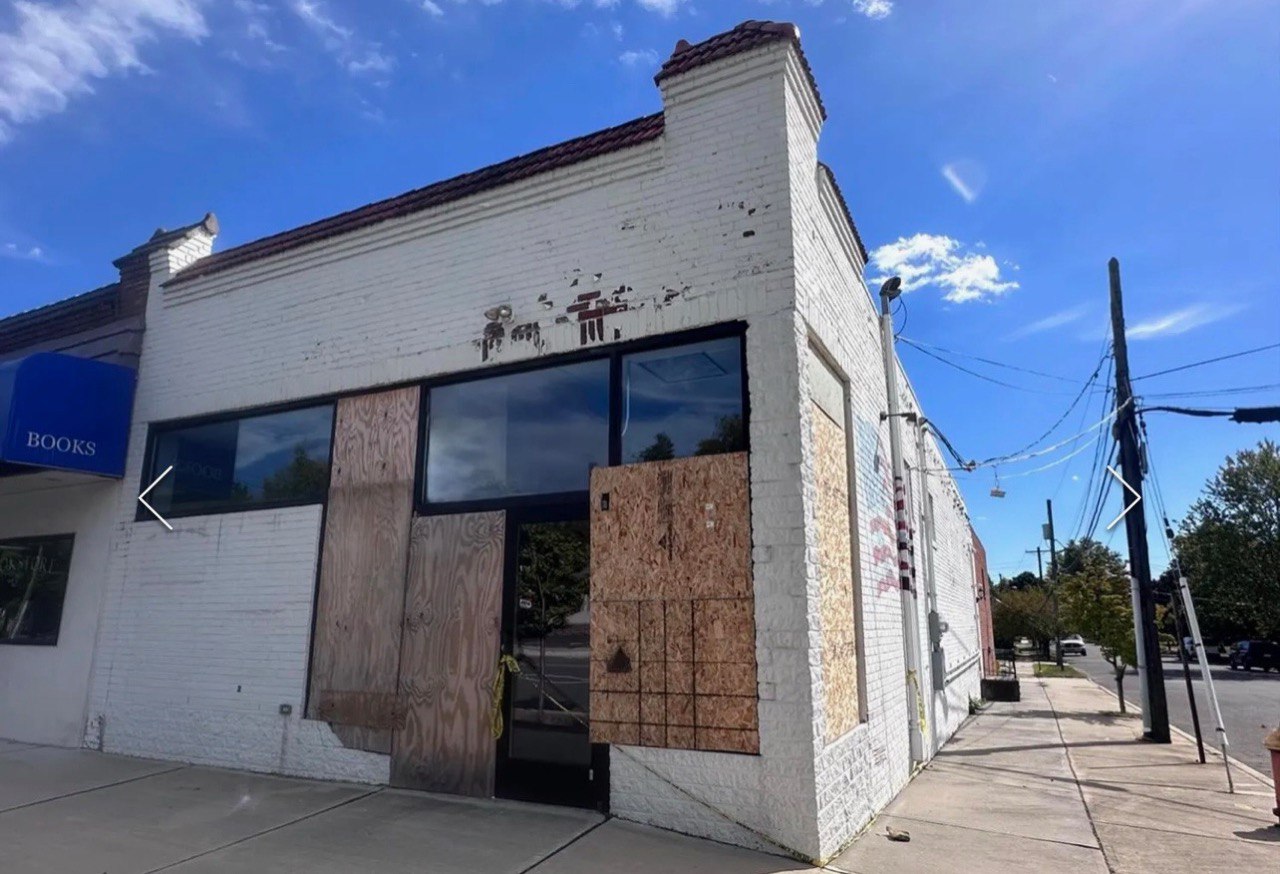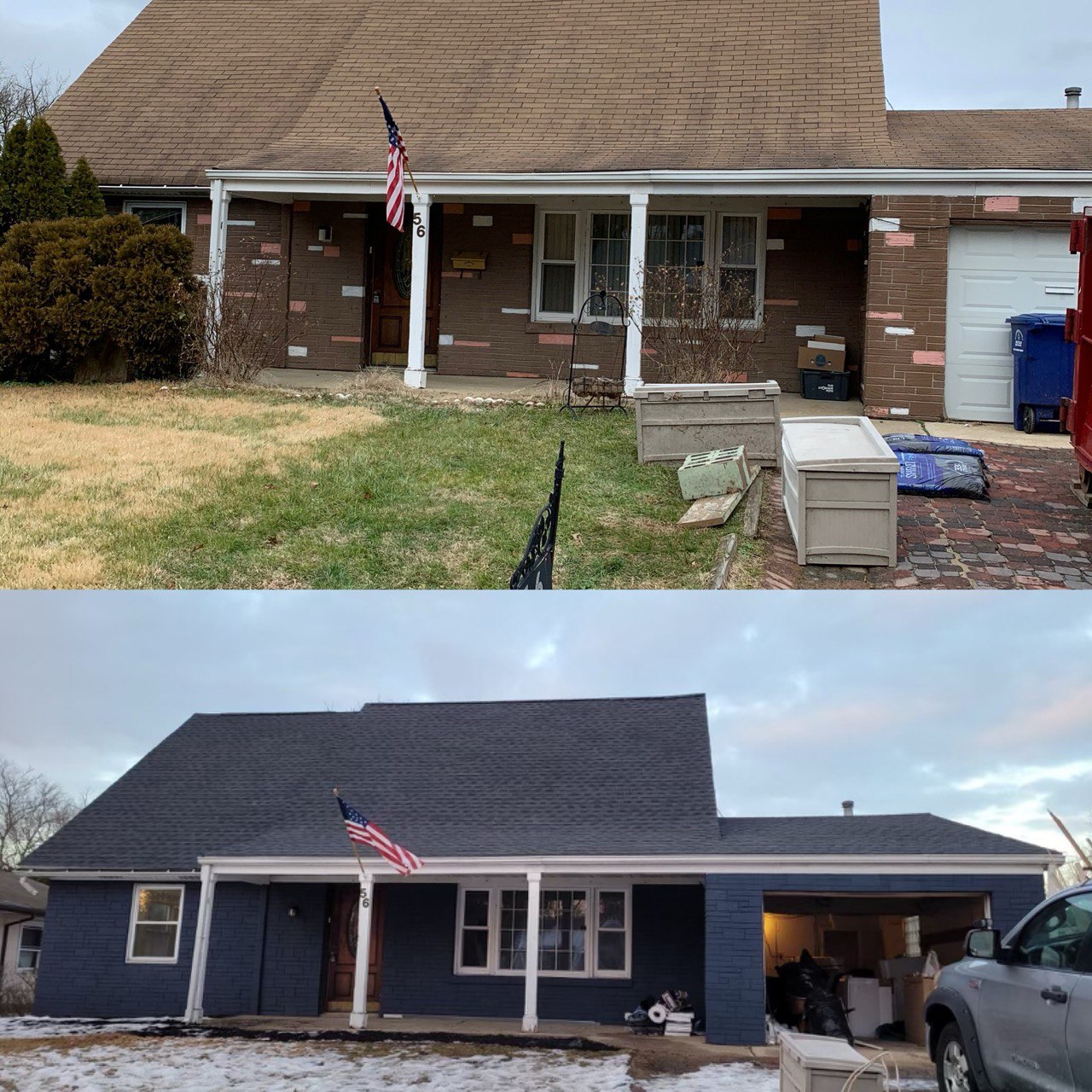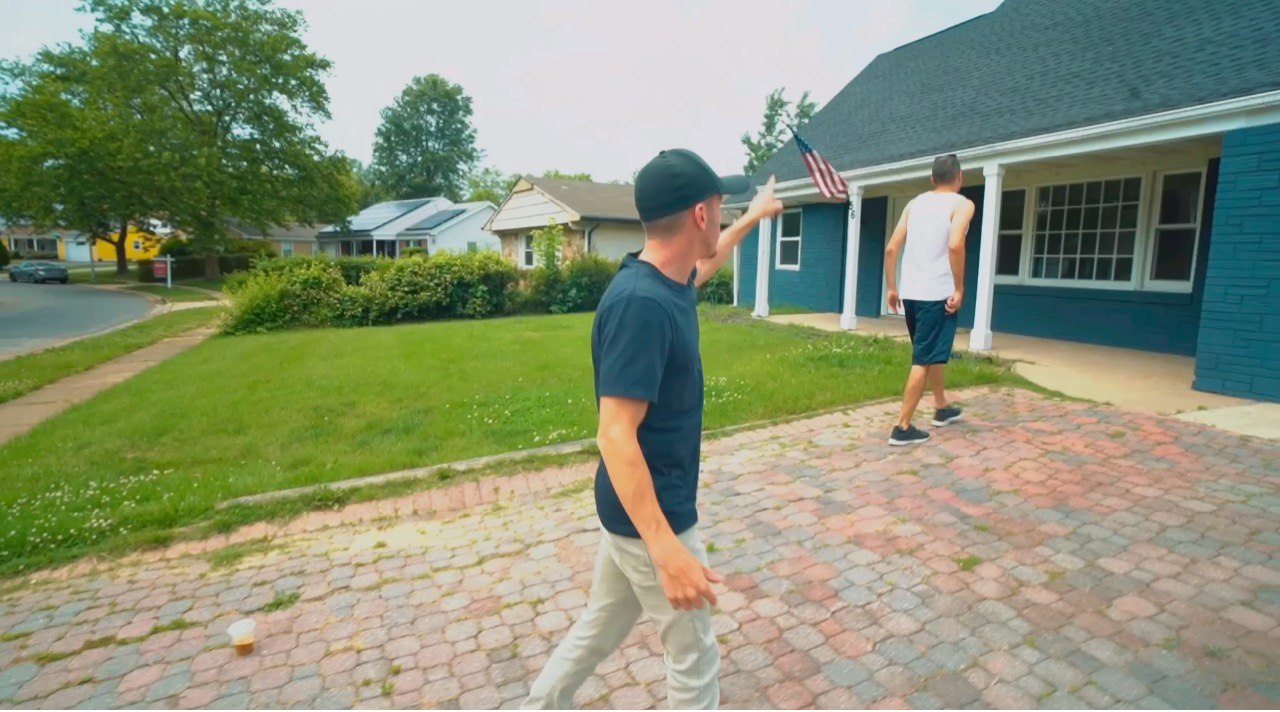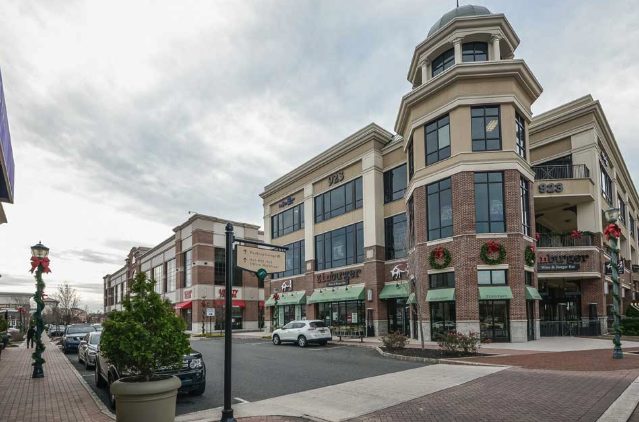A short sale and a foreclosure pose different benefits and difficulties, whether you’re a borrower or a seller. This article differentiates the two.
What Constitutes Foreclosure in New Jersey?
Foreclosure is the process that lending institutions enact if a homeowner or mortgagor defaults on payments, orcan no longer pay them. If the borrower stops making payments on a mortgage, lending institutions can foreclose or take possession of the home in an effort to resell it and recover the money lent.
When the lender forecloses a property, they assume ownership of it and evict the occupants. The property is then auctioned or put up for sale with the help of a real estate agent. When you allow your home to be foreclosed, not only will you lose it, but you also lower your credit rating significantly. It can be more difficult to get another mortgage for years if any of your properties were foreclosed.
Foreclosure proceedings vary by state. You should check the foreclosure information section of the United States HUD.
What Constitutes a Short Sale in New Jersey?
If a borrower defaults on payments on a mortgage, both the lender and borrower can seek relief via a short sale. For a short sale to be implemented, the borrower must apply for a short sale, stating formally the reason for not being able to pay the mortgage. The property is then put up for sale after the lenders agree to do it.
If the proceeds from the sale of the property are not enough to cover thedebt, and the borrower can’t afford to pay the lienfor those debts in full, all lien holders must agree to waive their lien on the propertyand accepta smaller amount than the outstanding debt.
There are uncommon instances where a short sale is an option agreed upon by the borrowers and lenders. After the home is sold andmoney is still owed on the mortgage, the debtmay or may not still be owed by the borrower. And unlike a foreclosure, the borrower still owns the home.
Note that the short sale option can take longer than a foreclosure, as more than one lending institution usually has a share in the mortgage. All of the lien holders must agreeto the short sale and its terms. Ashort sale can be canceled if even one lender disagrees with it.
Your Options: Short Sale or Foreclosure
When you fail to pay your mortgage, either of these options can have serious consequences. Comparatively, the short sale has less impact on your credit score, bringing it down by only 100 points. Meanwhile, a foreclosure can bring down your credit score by as much as 300 points.
Foreclosures have the added effect of rendering the defaulting borrower ineligible for another mortgage to buy a home for the next 5-7 years. Under a short sale, a borrower can still immediately purchase a home.
The US economy hasn’t completely recovered from the 2008 crash, and many Americans still find it difficult tomake monthly mortgage payments. Many are forced to choose between foreclosure or short sale, or selling their New Jersey home fast. In some cases, lending institutions are willing to work with borrowers to complete a short sale, to avoid the fees and time-consuming process of conducting a foreclosure.
When faced with such a situation, we always suggest the following:
1. Have a chat with your lenders and talk about ways of paying for the loan.
At Savannah Properties, we offer this service and help put you in the right direction if you run into issues with your lender. Simply reach out to us on our contact page, and we’ll be glad to discuss your situation.
2. Try a short sale or other options your lender may offer.
If they can forgive part of your debt, or charge a smaller monthly payment—anything to help you restructure your loan and keep your property—do it.
3. Sell the house if your lenders aren’t willing to work it out.
You can work with a real estate buyer service like Savannah Properties to assist you in selling your house fast, for cash. If you prefer, we can assess your situation and provide you with a fair offer on your property in as little as 24 hours. You can complete the request form for this option here>>
4. If all else fails, foreclose.
Your absolute final option is to let the house be foreclosed. Remember that this will cause serious harm to your credit score, and you may still have to pay the money you owe to the bank after foreclosure proceedings.
If you fail to make your mortgage payments and are facing foreclosure, don’t panic; explore other options first. With a short sale, you stay qualified to take out a new mortgage for a new home and avoid a huge hit on your credit score. By selling your house and passing on mortgage responsibilities to the new owner, you get out of debt and save your credit score as well. Whatever you choose, make sure it’s for your best interest. Foreclosure should be the last option.
Are you in danger of foreclosure? Give us a chance to make a reasonablecash offer on your home. Call us anytime at (609) 622-4051or complete this request form today!


